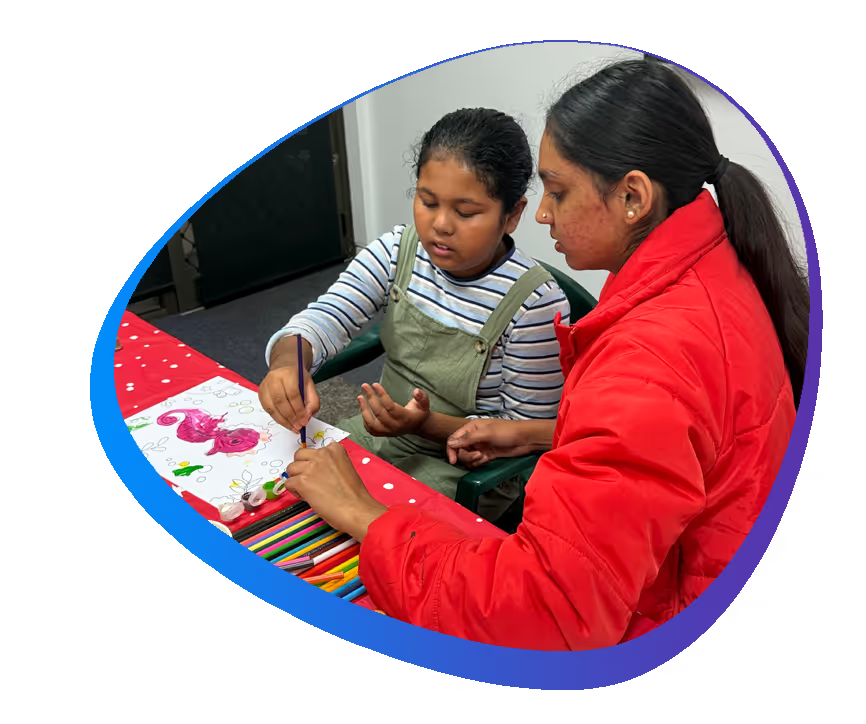Personal Care


Working parents may find it difficult tocomplete personal care routines with their children due to limitation in timethis is when they can engage a provider to provide personal care supports.
Personal care for children involves assistingwith daily activities like hygiene, toileting, dressing, and eating, ensuring achild's well-being and independence. This support can be provided in varioussettings, including homes, schools, or community spaces, and may involve directhelp with tasks or guidance and supervision. The goal is to help children feelcomfortable, confident, and capable in their daily routines, while respectingtheir dignity and promoting their personal development.
Personal care for children is a crucial aspectof their development and well-being, particularly for children who are unable toperform these tasks independently.
Personal hygiene:
This includes activities like showering, bathing, brushing teeth, washing hands, and caring for hair.
Toileting:
Assisting with using the toilet, managing in continence, and menstrual care.
Eating and drinking:
Helping with meal preparation, feeding, and managing dietary needs.
Dressing and grooming:
Assisting with putting on clothes, maintaining hair, and other personal grooming tasks.
Medication reminders:
Providing reminders about medications and ensuring they are taken correctly.
Other support:
This can include assistance with mobility, using aids and devices, and attending appointments.
Promoting independence:
Helping children develop skills to care for themselves, building confidence and self-esteem.
Ensuring well-being:
Supporting physical health, hygiene, and overall comfort.
Respecting dignity:
Treating children with respect and providing a supportive environment for personal care routines.
Reducing vulnerability:
Empowering children to have control over their bodies and personal care routines can reduce vulnerability to abuse.